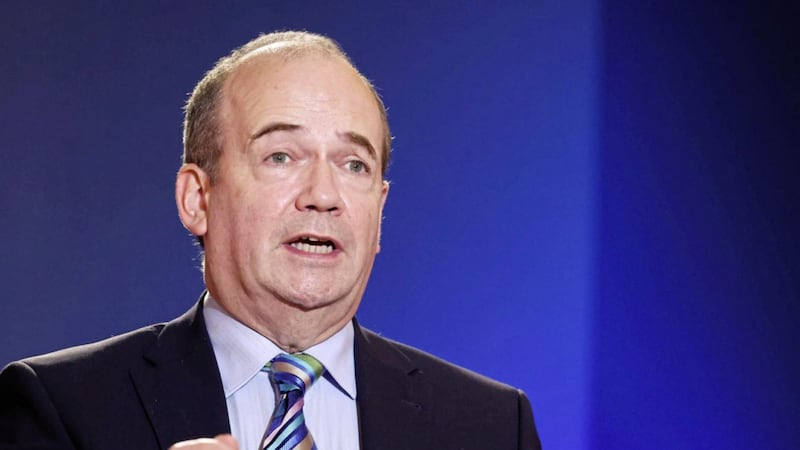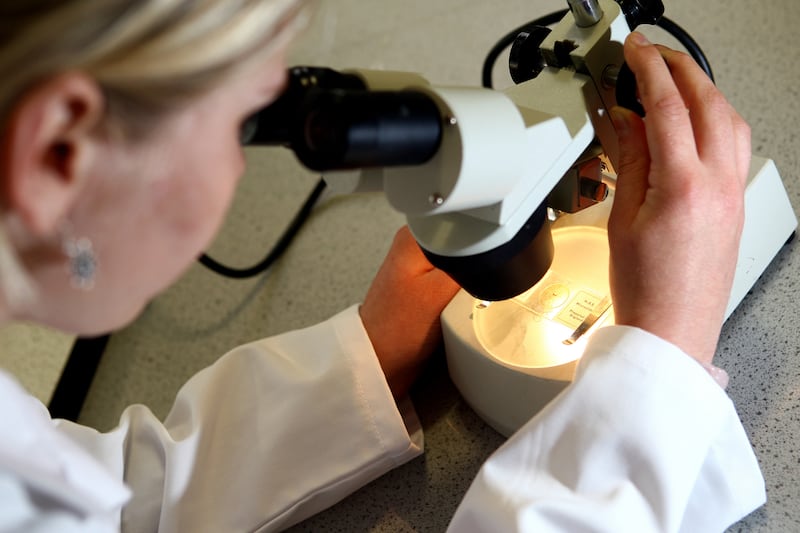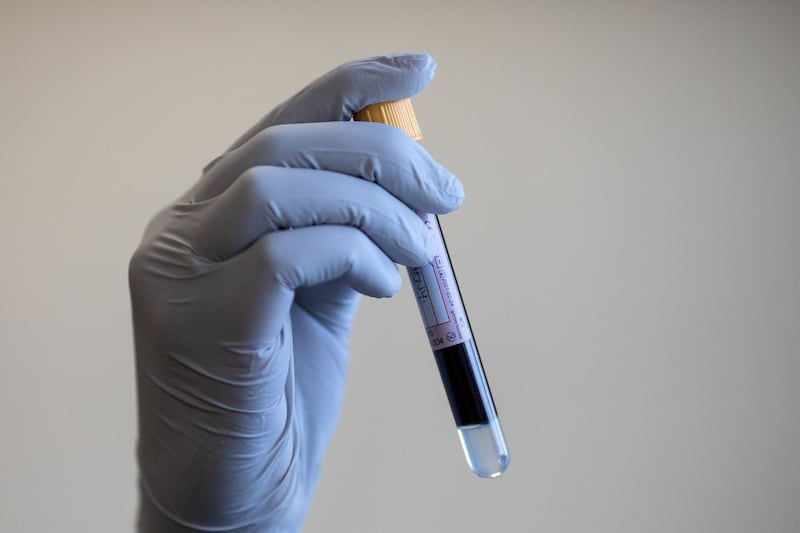There are similarities between the coronavirus pandemic and the battle against HIV decades ago, Dr Michael McBride has said.
Northern Ireland's chief medical officer worked as part of the effort to treat people with HIV in London and Belfast earlier in his career.
After graduating from the Queen's University Belfast in 1986, Dr McBride worked as a research fellow at St Mary's Medical School and Imperial College London, carrying out research into new drug treatments for HIV.
He described a similar experience of contending with a new virus suddenly making people unwell.
"It was a new virus, which again we knew very little about to start with, we had no treatments," he told the PA news agency.
"We didn't even know at that stage what was causing people to become unwell. Although we knew their immune system was being damaged, we weren't quite sure what was contributing to their immune system being damaged, then we worked out it was the level of the virus," he said.
"It seems ironic now looking back, that it took us a while to work out, 'it's the virus stupid' as someone once said, because there was a theory then that it was just progressive damage to the immune system, but the progressive damage to the immune system was driven by high levels of circulating virus.
"Then we started using one drug at a time, what we didn't realise with that approach was that the virus mutated and changed, and got resistance because we weren't able to measure resistance to drugs at that time.
"Then we realised discovered the fact that you combined drugs, just in the way we combine treatments for TB, that you stop the virus from mutating and escaping and you can keep the levels of the virus really low and that prevents the damage to the immune system
"Looking back now all those years ago at the outset, it feels almost like a similar experience, a new virus, no treatments and then increasingly over time we began to understand more and more about the virus, how it caused disease, how it became people to become unwell. We have never developed a vaccine for HIV, although there have been many efforts to do so.
"There we had another pandemic which has been controlled essentially by very effective drug treatment.
"There were many many similarities with this pandemic, thankfully at this stage we have an effective vaccine - hard to believe that ten months after it first emerged, we had a vaccine and increasingly we are developing effective treatments.
"There are also differences. We haven't had the same stigma associated with Covid because sadly HIV became very stigmatising. But again there is much we don't yet know fully about this virus, and we are still on that.
"HIV thankfully now is a chronic treatable disease, it is preventable with treatments."







